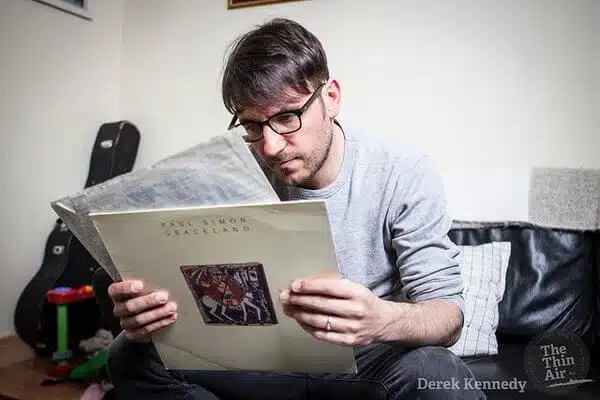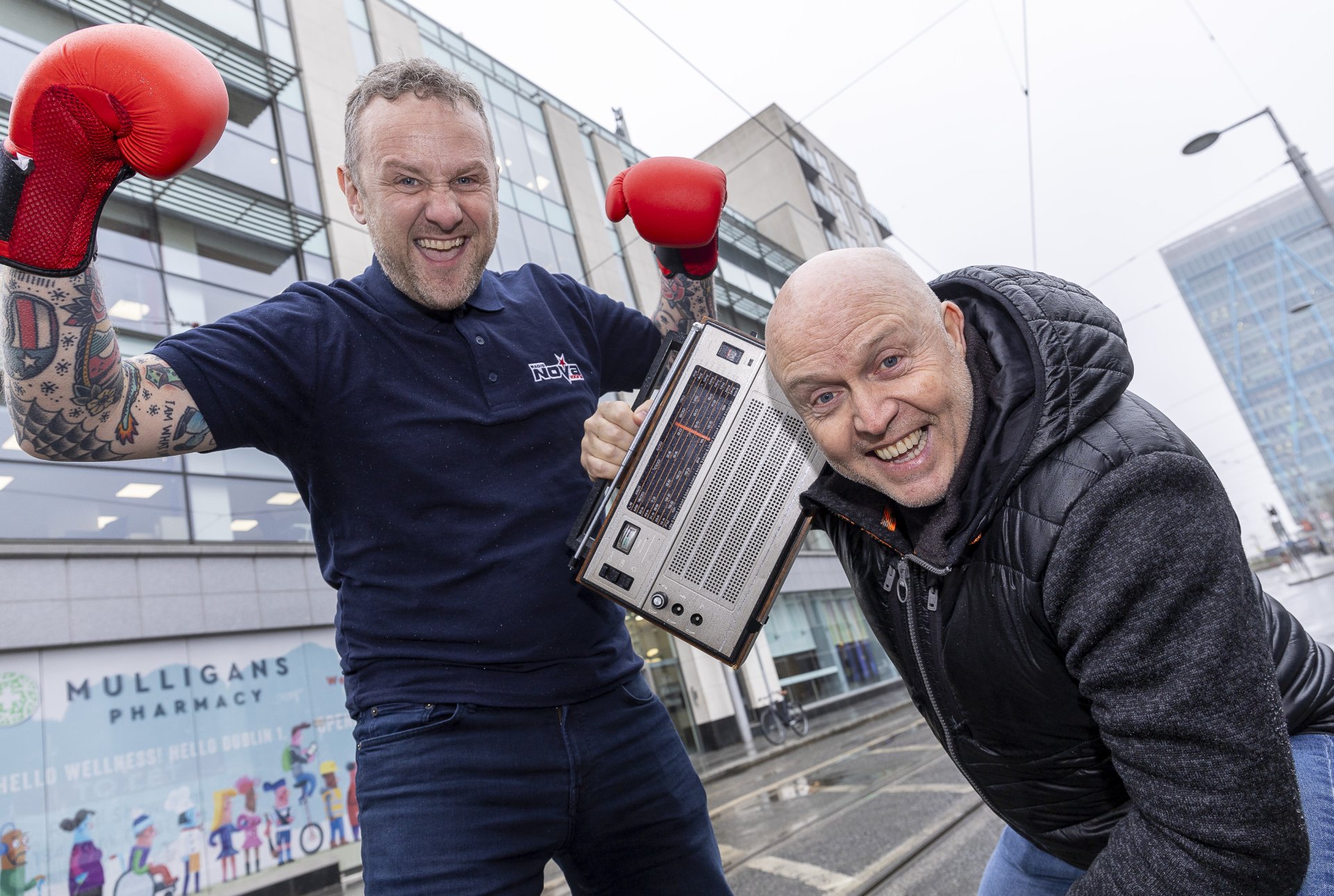This study comes at a time when there is some industry concern at the BAI’s recent request for suggestions for new commercial services. The broadcasting regulator has been strongly criticised by Denis O'Brien's Communicorp in particular. With Communicorp requesting that the regulator urgently undertake a full economic evaluation of the radio sector, before awarding any new radio licences.
Nova’s CEO Kevin Branigan told RadioToday: “This research shows that the licencing of specialist radio services, particularly Radio Nova, can and has added to overall radio listening. It shows that the BAI’s decision to licence specialist services in the Dublin area in the last decade was forward-thinking and has not only increased diversity but has also helped radio listenership stay stronger in a time of unprecedented competition for listening hours from digital and social media.”
Nova has submitted what it describes as a “well-reasoned and ambitious” proposal to the BAI that would see the station extended to an additional 1.8M people, in more populated parts of the country - taking in the main cities of Cork, Limerick, Galway, Waterford & Kilkenny as well as the Midlands, South East and North East of Ireland.
“Radio must be innovative to compete with the march forward of digital and social media. There is a clear appetite for more specialised services outside Dublin and this research clearly shows that the licensing of new unique, specialist services, not the replication of existing formats, has the capacity to grow listening hours”, said Branigan.
Photo Credit:






